Canaiolo
Although undocumented, the Tuscan origins of the canaiolo can be considered as established. Called "Etruscan vine" since the fourteenth century, the canaiolo is especially typical of the Chianti Classico area. Generally speaking, this red grape gives a rather soft and intense wine from a young age, and is traditionally used, both in Chianti and Umbria, to give more roundness to the Sangiovese in blends, which tends instead towards pronounced acidity and rough tannin. The blend was suggested as early as 1872 by Bettino Ricasoli, who established the ideal Chianti in the proportions of seven parts sangiovese, two parts canaiolo, and one white malvasia. Still today it is very rarely vinified as a single variety.
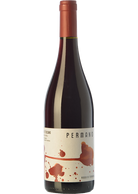
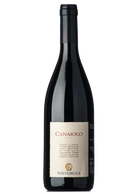
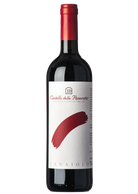
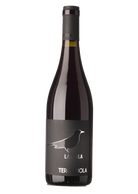
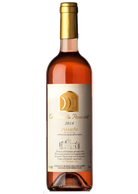
Canaiolo
Although undocumented, the Tuscan origins of the canaiolo can be considered as established. Called "Etruscan vine" since the fourteenth century, the canaiolo is especially typical of the Chianti Classico area. Generally speaking, this red grape gives a rather soft and intense wine from a young age, and is traditionally used, both in Chianti and Umbria, to give more roundness to the Sangiovese in blends, which tends instead towards pronounced acidity and rough tannin. The blend was suggested as early as 1872 by Bettino Ricasoli, who established the ideal Chianti in the proportions of seven parts sangiovese, two parts canaiolo, and one white malvasia. Still today it is very rarely vinified as a single variety.